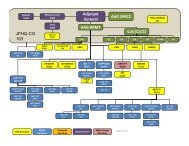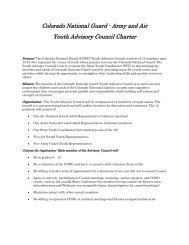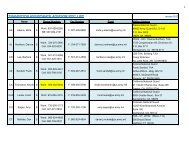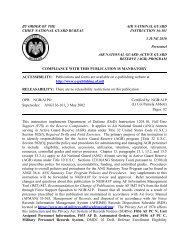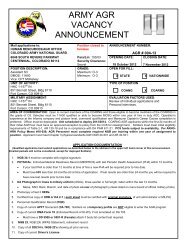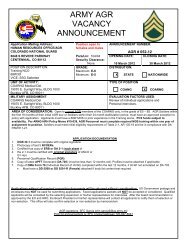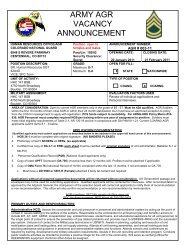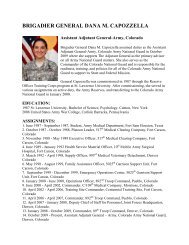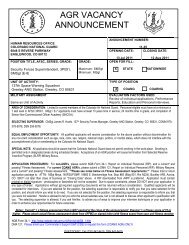Prosecuting Alcohol-Facilitated Sexual Assault - National District ...
Prosecuting Alcohol-Facilitated Sexual Assault - National District ...
Prosecuting Alcohol-Facilitated Sexual Assault - National District ...
Create successful ePaper yourself
Turn your PDF publications into a flip-book with our unique Google optimized e-Paper software.
T HREE-STEP P R OCESS<br />
The defense may attempt to challenge the witness’s testimony on the<br />
grounds that the witness is not competent; however, it is unlikely that a<br />
court will find a witness incompetent on this basis as long as the witness<br />
can testify that she was able to perceive the incident. 49 There is a distinction<br />
between attacks on competence and attacks on credibility. 50 When a<br />
witness is intoxicated at the time of an occurrence about which the witness<br />
has testified, intoxication is a proper matter for the jury to consider<br />
as affecting the witness’s credibility. 51 “If the witness was under the influence<br />
at the time of the events which [s]he describes in his[/her] testimony<br />
or at the time [s]he testifies, this condition is provable, on cross or by<br />
extrinsic evidence, to impeach.” 52<br />
Ability To Remember<br />
The third factor that relates to a victim’s credibility is the victim’s ability<br />
to remember what happened. In order to be able to testify about what<br />
happened, the victim must, of course, be able to remember what happened.<br />
If she does not remember, there must be some other way to prove<br />
what happened or the case cannot go forward. 53 Although the victim<br />
may not remember every detail of the assault, she may have other information<br />
that is crucial to the case.When interviewing the victim about<br />
her memory, explain why you are asking. Encourage the victim to speak<br />
with an advocate for additional support.<br />
<strong>Alcohol</strong> consumption diminishes the ability of the victim to remember<br />
what happened.“As the amount of alcohol consumed increases, so does<br />
the magnitude of the memory impairments.” 54 Large quantities of alcohol,<br />
particularly if consumed rapidly, may result in the victim experiencing<br />
either a fragmentary or an en bloc blackout. 55 Fragmentary blackouts occur<br />
when people may recall portions of the episode after the incident when<br />
cues for events are provided. 56 En bloc blackouts have “definitive starting<br />
points, contain amnesia for all events within a discrete period, end with a<br />
sense of lost time, and require a high blood alcohol concentration.” 57 The<br />
en bloc blackout is not a “process of forgetting, but rather one of not<br />
remembering.” 58 “In contrast, fragmentary blackouts involve a more transient,<br />
perhaps forgetful memory loss for which aspects of experience are<br />
recalled via provision of pertinent cues.Thus, memory traces form but<br />
require facilitation to be accessed.” 59<br />
NDAA<br />
15




